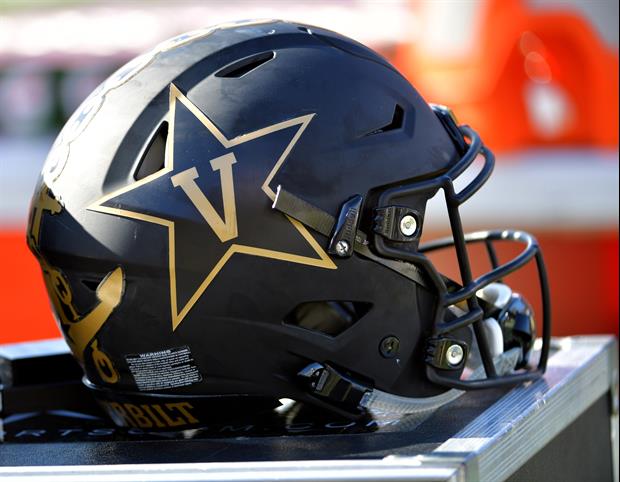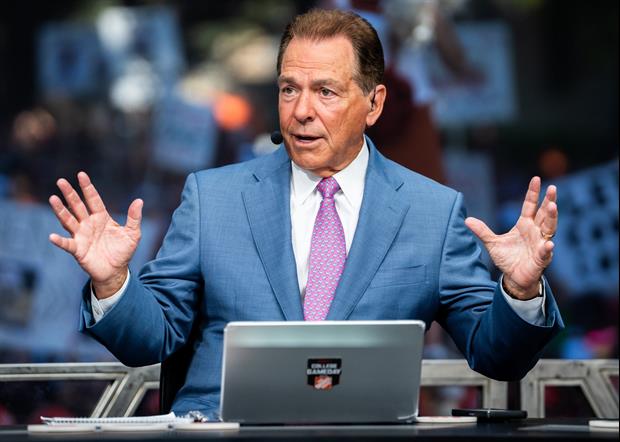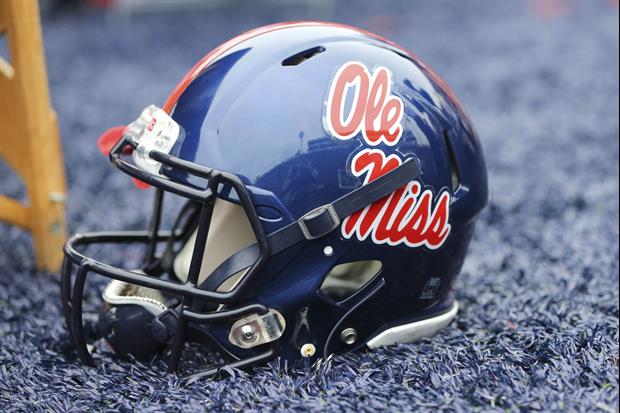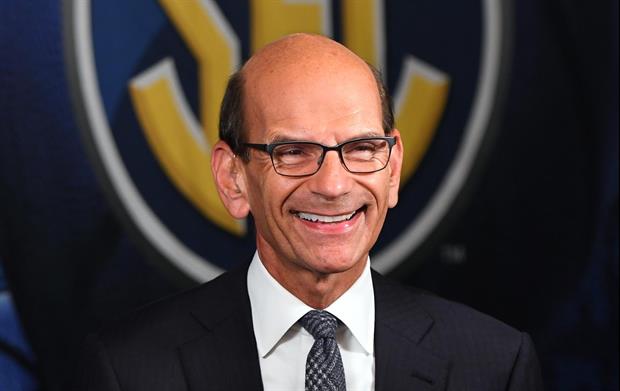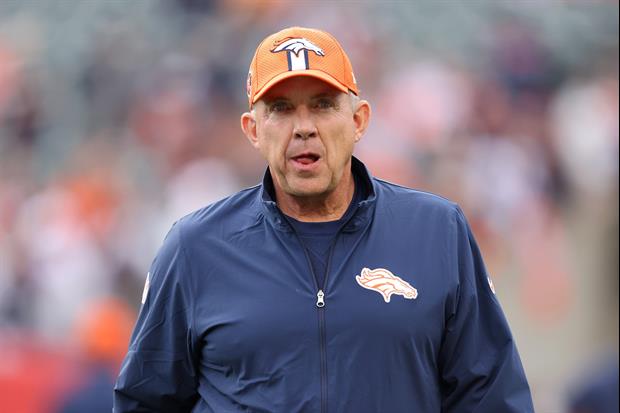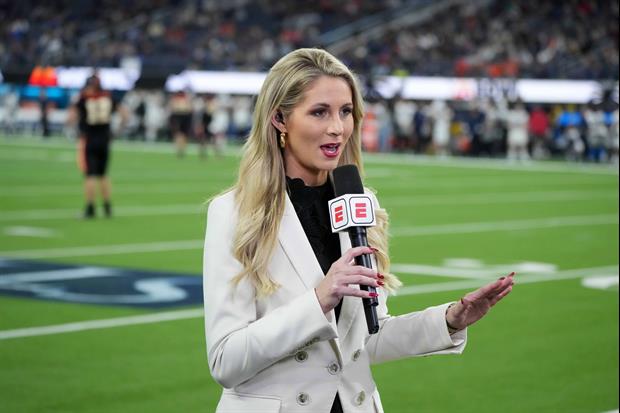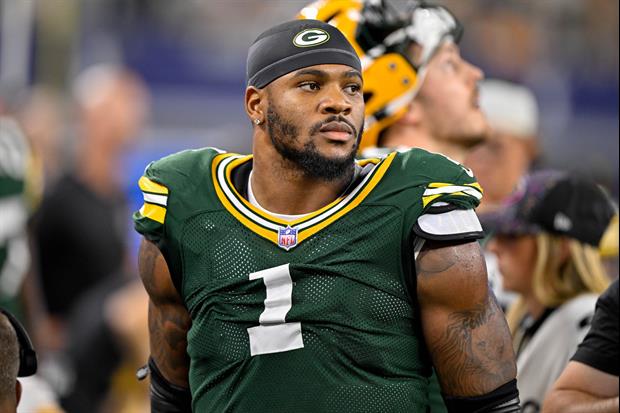Crowknowsbest
| Favorite team: | Georgia |
| Location: | |
| Biography: | |
| Interests: | |
| Occupation: | |
| Number of Posts: | 26846 |
| Registered on: | 5/11/2012 |
| Online Status: | Online |
Recent Posts
Message
re: 2026 Transfer Portal Thread (Jaden Harris to the portal)
Posted by Crowknowsbest on 1/3/26 at 7:11 am to VoxDawg
quote:
Haynes King didn't get playing time at aTm.
A QB is different than DB (only one QB gets meaningful snaps), and A&M is way better than Colorado. Colorado was horrible this year.
re: Why are UGA fans blaming Bobo? Your defense were the ones that shite the bed
Posted by Crowknowsbest on 1/3/26 at 6:59 am to magildachunks
There’s blame to go around, but five straight three and outs through the middle of the game with the chance to knock OM out was brutal and put the defense in a horrible spot.
re: Checking in to make sure the refs finally allowed the Sugar Bowl to end and
Posted by Crowknowsbest on 1/2/26 at 3:21 pm to Taurus 357
Is the complaint here that the refs should have ignored the rules to allow for a smoother finish?
re: 2026 Transfer Portal Thread (Jaden Harris to the portal)
Posted by Crowknowsbest on 1/2/26 at 1:56 pm to MikkUGA
quote:
Kyle Carpenter 6'2 205 CB/WR went to Buford. This is a guy we could reach out to. Went to Colorado. Could end up playing in the secondary.
Zero action on the season at Colorado? Can’t see why he’d be a compelling take.
re: What happened to offensive recruiting
Posted by Crowknowsbest on 1/2/26 at 12:16 pm to Dr Greg House
I outright refuse to believe that our receivers are somehow so deficient that they can’t get open against OM, especially because they did so effectively just a few months ago.
re: I want an offensive overhaul
Posted by Crowknowsbest on 1/2/26 at 12:06 pm to VADawg
quote:
5 straight three and outs with a chance to extend a 21-12 lead is what let Ole Miss back into the game.
This. If Georgia takes a 28-12 lead either right before the half or scores on any of the 2-3 drives after the half, the outcome is likely never in doubt.
The same thing happened against Texas basically, but they weren’t good enough on offense to punish Georgia for going into an offensive shell for the middle half of the game.
Coaches talk about the “middle 8” a lot now, where the 4 mins before and after the half can have an outsized impact on the game. Georgia had several opportunities for a kill shot in that time frame after the fumble return, and responded by going 3 and out over and over again.
re: Roster next year
Posted by Crowknowsbest on 1/2/26 at 9:57 am to dawg-fan#1
quote:
We need an elite edge rusher. The banking on development days aren't over but we can't wait for a player to maybe turn into a star if he doesn't transfer by then.
I’m also not aware of any real strong feelings that our young edge rushers are on the verge of stardom. Basically all of our recent top draft picks at that position were making an impact as freshmen.
re: When you boil it down to its simplest terms, the ic pass to Delp on 3rd cost us the game
Posted by Crowknowsbest on 1/2/26 at 9:46 am to lewis and herschel
There would be no way to run the clock down if you score a touchdown, run or pass. I’m not sure what you mean.
I could understand and agree with wanting a higher percentage throw (ie kick it out wide to branch or a jet sweep to bell.
I could understand and agree with wanting a higher percentage throw (ie kick it out wide to branch or a jet sweep to bell.
re: When you boil it down to its simplest terms, the ic pass to Delp on 3rd cost us the game
Posted by Crowknowsbest on 1/2/26 at 9:36 am to lewis and herschel
I don’t hate throwing on 3rd. You have to try to win.
The second down call/execution is another matter.
The second down call/execution is another matter.
re: I understand Kirby wanted to win but....
Posted by Crowknowsbest on 1/2/26 at 9:25 am to RandySavage
quote:
How is it possible to have a miscommunication of that magnitude in this scenario?
I don’t know. Apparently there was a specific look from OM where they would run a play, but it wasn’t there. Maybe the center (very inexperienced) misheard a check or something.
re: I understand Kirby wanted to win but....
Posted by Crowknowsbest on 1/2/26 at 9:16 am to PotatoChip
quote:
Going for ur in fourth on Georgia’s own side of the field was dumb as well
Per the postgame interview, it seems that was a mistake by the center. The plan was to go for the offsides penalty or take the delay.
re: Roster next year
Posted by Crowknowsbest on 1/2/26 at 9:11 am to Kneehigh
Any early look at the portal shows some promising options at WR and DB. Those are “good” positions to be portal reliant on. I also think UGA could end up paying Branch to stay if he doesn’t have a clear Rd1 grade.
We desperately need a high end edge rusher and could also upgrade at interior DL.
I expect we’ll end up with a nationally competitive roster but don’t think we’ll ever replicate the “old” days on OL/DL.
We desperately need a high end edge rusher and could also upgrade at interior DL.
I expect we’ll end up with a nationally competitive roster but don’t think we’ll ever replicate the “old” days on OL/DL.
re: Offensive YPP in Big Games Over 5 years
Posted by Crowknowsbest on 1/2/26 at 9:03 am to grey
Todd Monken’s seat is a little unstable in Baltimore. I’m just saying it’s worth a call to see how he’s doing.
re: Kirby needs to do some reflecting
Posted by Crowknowsbest on 1/1/26 at 11:19 pm to DawgRff
quote:
The offense dropped off significantly when Drew Bobo went out. We were averaging well over 400 yards a game before he got hurt. Last 3 games we're averaging around 290. Defense miss Gabe Harris.
No single player should make that much difference on a well coached college offensive football team. Even the QB.
re: Sugar Bowl Game Thread Ole Miss 37|UGA 34|Final
Posted by Crowknowsbest on 1/1/26 at 10:22 pm to New Money
How could that possibly be a defensible play call
re: Sugar Bowl Game Thread Ole Miss 37|UGA 34|Final
Posted by Crowknowsbest on 1/1/26 at 10:07 pm to Crowknowsbest
We have gone 3 and out 5 straight times with the exception of a fake punt. You simply can’t win that way
re: Sugar Bowl Game Thread Ole Miss 37|UGA 34|Final
Posted by Crowknowsbest on 1/1/26 at 10:06 pm to dawgdayafternoon
Sick work guys
re: Sugar Bowl Game Thread Ole Miss 37|UGA 34|Final
Posted by Crowknowsbest on 1/1/26 at 10:00 pm to SneakyWaff1es
I’m embarrassed for Mike Bobo
re: The bye is ridiculous
Posted by Crowknowsbest on 1/1/26 at 12:18 pm to Cowboyfan89
quote:
How are people ignoring that this isn't a new concept with the playoff or the national championship for that matter?
It is new that one team has a much longer layoff period than their opponent.
re: The bye is ridiculous
Posted by Crowknowsbest on 1/1/26 at 9:08 am to Tbone2
quote:
So why do the pros kill to get it ?
A two week bye and and 4 week bye aren’t the same.
re: Why didn’t Ole Miss let Lane coach playoffs?
Posted by Crowknowsbest on 12/31/25 at 1:42 pm to theyatoak
Nick Saban once fired him as his OC the week before the national championship because he was too distracted after taking the FAU job.
Popular
 0
0

